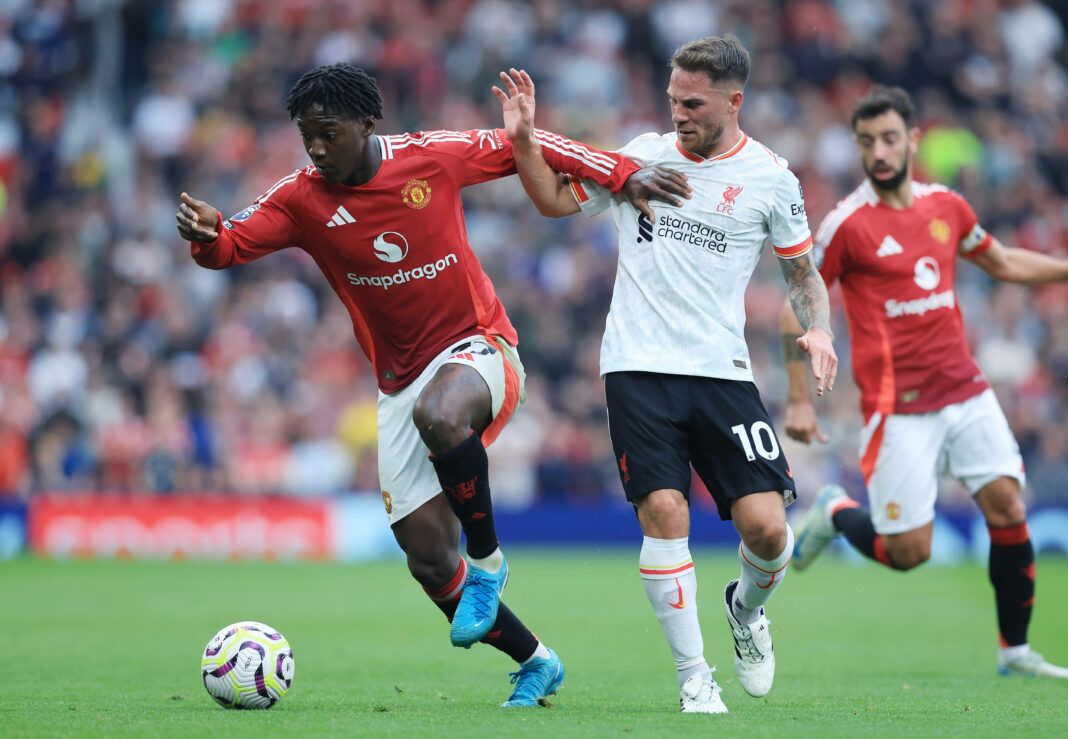Controversy erupted following Aston Villa’s dramatic 2-1 defeat to Nottingham Forest, with significant scrutiny focused on a contentious penalty incident that potentially altered the match’s trajectory.
During the first half, Villa’s Morgan Rogers experienced a significant defensive intervention by Forest midfielder Elliot Anderson within the penalty area—an incident that prompted unanimous appeals from Villa players but received no intervention from match officials or VAR.
Unai Emery, characteristically restrained in his criticism of refereeing decisions, uncharacteristically described the moment as a “clear penalty” and a “substantial officiating error”.
The match unfolded dramatically, with Villa initially seizing control through Jhon Durán’s brilliant header in the 63rd minute, only to subsequently concede late goals from Nikola Milenković and Anthony Elanga that ultimately secured Forest’s victory and fourth-place positioning.
Renowned former referee Keith Hackett provided a scathing external assessment, denouncing the officiating as fundamentally flawed.
He emphatically characterized the incident as an unequivocal “holding offence” that directly impacted the attacking player’s potential opportunity, arguing that referee Sam Barrott should have been mandated to review the incident via pitch-side screen.
Hackett’s critique extended beyond this singular incident, casting broader aspersions on the Professional Game Match Officials Limited (PGMOL) and its leadership under Howard Webb.
He suggested systemic inconsistencies in penalizing holding offences, describing the current approach as fundamentally problematic.
The potential ramifications of the uncalled penalty were significant. Had the spot-kick been awarded, Villa could have dramatically altered the match’s momentum, potentially preventing the late dramatic reversal that saw them surrender a hard-earned lead.
This incident represents more than a momentary controversy—it epitomizes ongoing debates surrounding VAR implementation, referee discretion, and the complexities of real-time decision-making in high-stakes professional football.
The narrative underscores the perpetual tension between technological intervention and human judgment in modern sporting contests.






